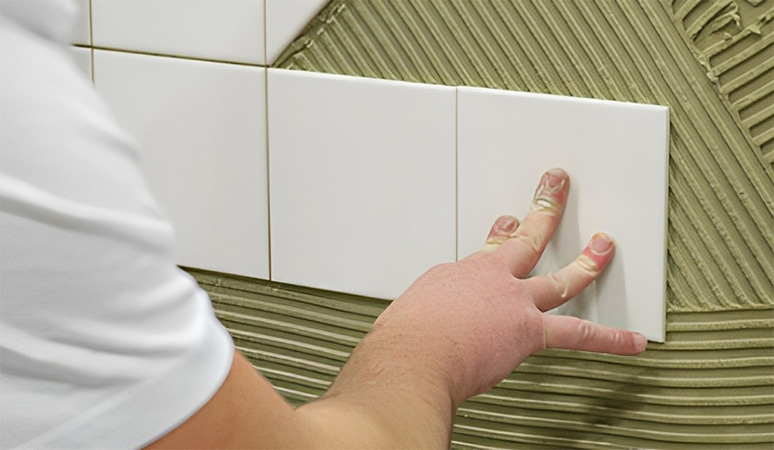


Ceramics
ALTIFIL™ and ALTIPLUS™ products imparts strength to fired ceramic products and are used in ceramics for their excellent heat shock and creep resistance properties. Pyrophyllite is also used to manufacturer wall tiles, ceramic bodies, whiteware, vitreous china and stoneware.
Pyrophyllite goes through several thermal transformation phases when heated at different temperatures. Permanent expansion occurs from dehydration between 650-870°C, which corresponds to the greatest weight loss and the percentage of expansion on the particle size. When exposed to temperatures above 1100°C, a transformation to mullite corresponds to significant increases in all aspects of its mechanical properties: compression strength, chemical resistance, translucence, flexural strength and hardness. Due to its ability to heat quickly and convert to mullite at 1100°C, it allows faster firing cycles than similar materials. Functions include fluxing agent, frit, glazes and engobe properties, glaze body fit, mechanical properties and thermal shock resistance.
Applications include automotive ceramics, Corderite-mullite refractories, electro-ceramics, frits/glazes, floor and wall tile, large format tiles, white body tiles, thin tiles, porcelain tiles, sanitaryware and dinnerware.”



